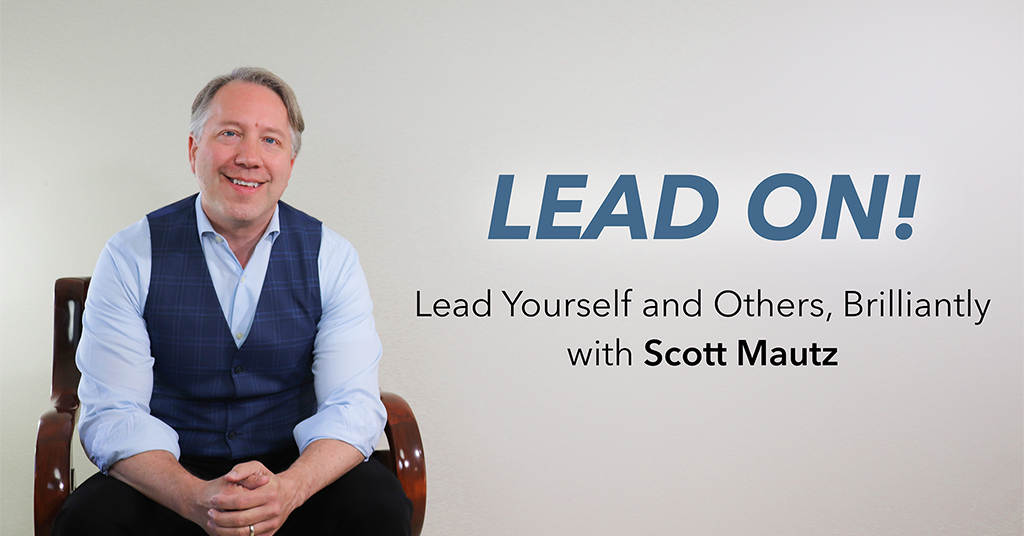
INSIGHTS (on leadership/self-leadership)
We’re facing an epidemic of self-doubt, exacerbated by the ever-changing landscape of the last several years. The implications range from stifling professional success to relationship problems, as psychology research shows. Here are 8 powerful words, a mantra, to help you move from self-doubt to self-destiny.
See it. Say it. Be it. Slay it.
First, you can’t be what you can’t see. Picture that thing you want to become. Visualize it. If doubts and fears arise at the mere thought of picturing yourself as that thing, simply observe the feeling and acknowledge its presence — but don’t let it take over. Then say what you want, out loud. Repeat it. Say it to someone else. Speaking what you want is a form of commitment that makes it more difficult for you to hide behind your fears. People often ask me, “Scott, I want to be a writer. How do I become one?” I always respond, “You’re a writer when you say you are.” Then, be that thing, and be it to the best of your abilities, without worrying about judgment or whether or not you’ll live up to your (likely unrealistic) expectations. In other words, then go slay it.
IMPERFECTIONS (a mistake often made)
One of the most powerful phrases to help keep things in perspective, to keep your days from feeling frenetic, is “Does it really matter?” And yet, psychologists psychologists are quick to remind us that we all too often forget to ask ourselves this simple question. If something you’re sweating truly doesn’t matter, it means it’s bereft of meaning. Research shows meaning is the thing we instinctively keep returning to, over and over, when we feel lost. Unless, that is, we keep returning, over and over, to imagining consequences that are actually insignificant in the grand scheme of things. So, let your instincts kick in, and seek to return to a sense of meaning when things are difficult. Come back to what really matters, like relationships, learning and growing, having a sense of purpose, living your values. Leave the little stuff, the insignificant sidebars in life, to waft away in the breeze.
IMPLEMENTATION (one research-backed strategy, tip, or tool)
As you strive to build your managerial, and human, skills, it’s easy to forget just how important the skill of active listening is, as research reminds us. Here’s a PLAN (acronym) for becoming a great listener, one who tunes in with empathy:
Put yourself in their shoes, genuinely try to identify with their feelings.
Laser focus listen, as if nothing else in the world mattered.
Acknowledge vs. discount: Say “I see”, “Uh-huh”, “Tell me more”, “I see why you’re upset” vs. “It’s not so bad”, “It’ll be fine.” Paraphrase, play back what you sense they’re feeling, ask follow-up questions.
Non-verbals matter. Mirror the speaker’s emotion and body language. Give signals that you’re listening, like nodding along and maintaining eye contact.




Leave a Reply